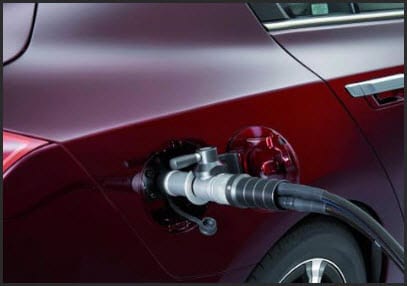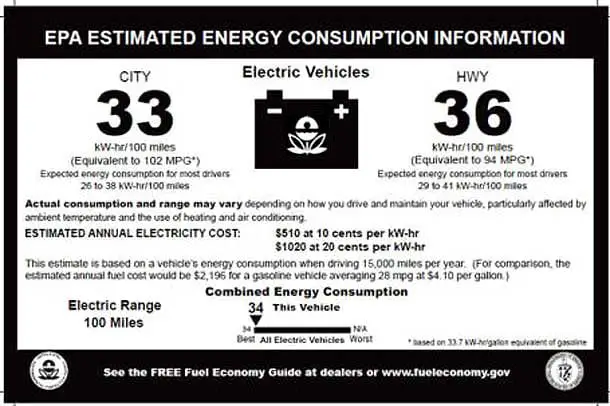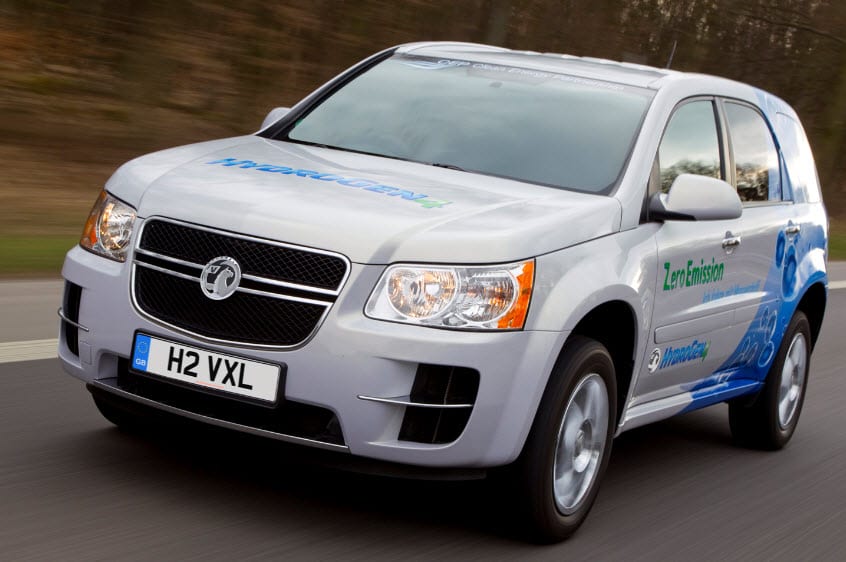
Challenges and benefits of hydrogen powered cars
January 10, 2013

Gas is an effective way to run an automobile, but along with combustion engines that run on oil based gasoline come the problems of lower mileage performance, smog and other pollutants, and the rising price of filling a tank. Hydrogen powered cars and trucks are just one option for safe, cheap and reliable transportation in the future.
Not quite ready for hydrogen powered cars
Idea of hydrogen gas running vehicles is not that much of a pipe dream. Useful prototypes are already working and some hydrogen powered vehicles are in service in select areas of the world. They are far from mainstream yet due to a myriad of problems that researchers are now working to overcome. FVC hydrogen powered cars are not going away.
Hydrogen Benefits
Hydrogen powered cars have many advantages over petroleum based vehicles. Emissions from the tailpipe will amount to nothing more than water and heat. Hydrogen in pure form will not emit pollutants. Depending on the form of extraction used, hydrogen powered cars do have the potential to emit some pollutants. However, the levels will be miniscule in comparison to gasoline-powered engines.
FCV hydrogen powered vehicles will go a long way towards reducing the need to import foreign oil. Hydrogen can be produced for FCV in any part of the world as it is the most abundant element on earth. No one country can lay claim to it.
Challenges
Unfortunately, there are many challenges ahead for FCV and hydrogen powered cars. One of the most pressing problems is making hydrogen easy to store. Cars run on hydrogen have gone up to 300 miles between refueling, which is about what a vehicle can do on gasoline, but this must work with all makes and models of vehicle to gain consumer acceptance. Safety of the FCV is also an issue. The FCV also have durability issues at the present time. The cells do not have the longevity of today’s gasoline combustion engines.
The cost associated with hydrogen powered cars is high, even when compared to hybrids. Production costs must fall. Hydrogen storage and the fuel cell stack are just two expenses that are simply too high. Getting the hydrogen to the consumer is an issue, as no infrastructure exists on a large enough basis to make it feasible to drive an FCV. Consumers must also gain a respect and a trust in these cars, much as they had to do with hybrids, which are now much more mainstream.



 With over 15 years of reporting hydrogen news, we are your premier source for the latest updates and insights in hydrogen and renewable energy.
With over 15 years of reporting hydrogen news, we are your premier source for the latest updates and insights in hydrogen and renewable energy.